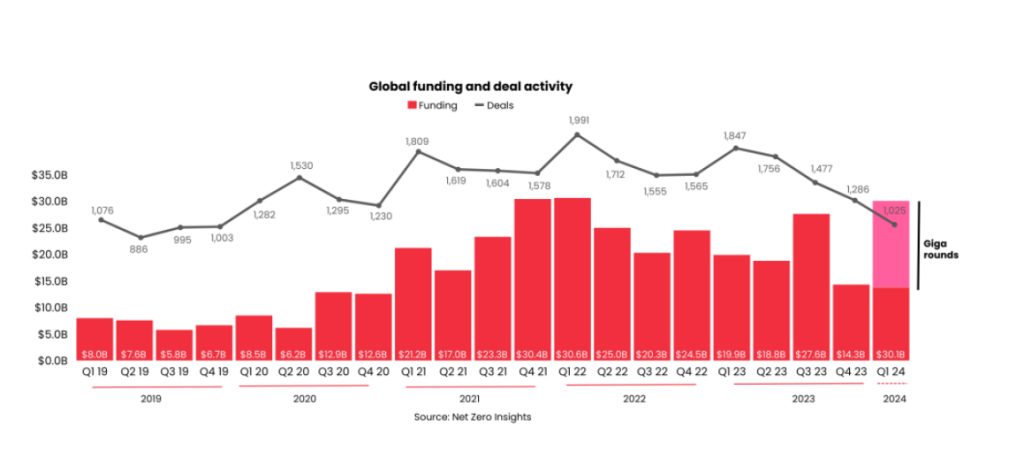In a landscape dominated by escalating electricity demands and the imperative for sustainability, climate technology emerges as a pivotal force in reducing reliance on fossil fuels and diminishing our ecological footprint. This sector not only addresses pressing environmental issues but also drives substantial economic growth through job creation and the advancement of complementary technologies. As consumers increasingly gravitate towards eco-friendly products, climate technology becomes integral to addressing the challenges of sustainability.
The evolution of climate technology brings significant ecological benefits, such as ecosystem preservation and enhanced energy security, while also mitigating climate change impacts. With rapid advancements in climate energy technologies, we observe a transformation from its nascent stages to the sophisticated solutions available today.
The early 2000s marked a pivotal shift as global awareness of climate change’s devastating impacts led to strategic investments aimed at achieving net-zero emissions. Notable figures like Al Gore and John Doerr catalyzed this movement, drawing the attention of prominent venture capitalists from Silicon Valley. Despite an initial investment surge with approximately $25 billion between 2006 and 2012, early clean tech initiatives stumbled due to technological limitations and economic downturns, leading to the eventual downturn of Clean Tech 1.0.
Clean Tech 2.0, primarily unfolded during the late 2000s and early 2010s. This period marked a pivotal transition where the focus shifted towards integrating more digital and advanced material technologies into climate solutions. The resurgence was partly in response to the shortcomings of the first wave and was characterized by a more mature, market-driven approach. Companies such as Tesla fundamentally altered perceptions of EVs in the automotive industry. Their advancement in battery technology also helped to push the envelope for energy storage solutions.
The current phase of climate technology, bolstered by robust data analytics and cutting-edge technologies, is crafting scalable and effective solutions to environmental challenges. Significant investment growth in Europe and North America has revitalized interest in technologies like carbon capture and green hydrogen. Innovative approaches, such as converting CO2 into jet fuel and utilizing food waste for ship propulsion, highlight the dynamic progress and potential of this sector. Companies like Climeworks and Carbon Engineering are at the forefront, developing advanced carbon capture technologies that significantly reduce atmospheric CO2 levels.

Fig 1: Investment in the global funding and deal activity in the private market venture space for the period 2019-2024 Q1
This phase, prominent since the late 2010s, has seen substantial financial backing, with investments reaching approximately $8.1 billion in early 2024, underscoring the growing commitment to climate solutions (Fig 1).
As climate technology evolves beyond its foundational phases, it firmly establishes itself not merely as a mainstream solution but as an indispensable axis of innovation within the broader technological landscape. The current suite of companies pioneering next-generation solutions in renewable energy, advanced materials, and emissions reduction is paving the way for a new era characterized by an integration of artificial intelligence, biotechnology, and nanotechnology into climate tech. These advancements promise to enhance efficiency, precision, and scalability across applications—from carbon capture to energy generation and storage—further solidifying the role of climate technologies as crucial levers in our global strategy to mitigate environmental impact. As we look to the future, the intersection of these diverse technologies will likely spawn more sophisticated and nuanced approaches to sustainability, driving us towards a more resilient and adaptable planetary ecosystem.
